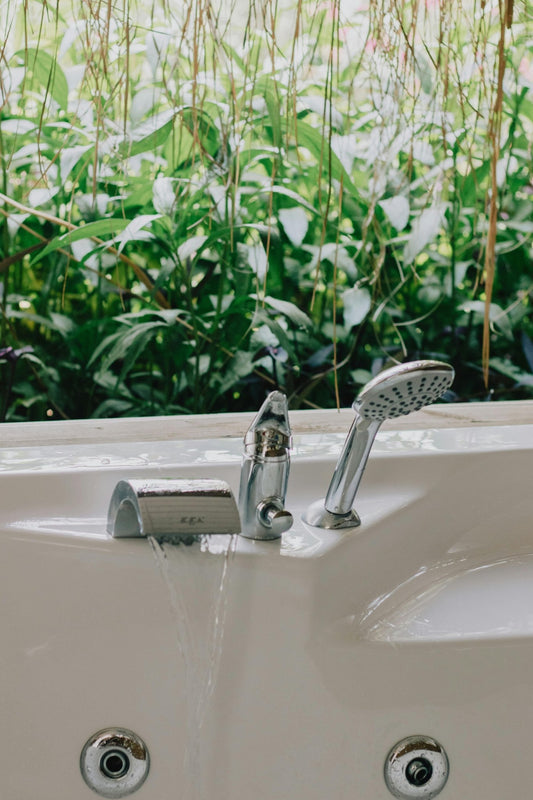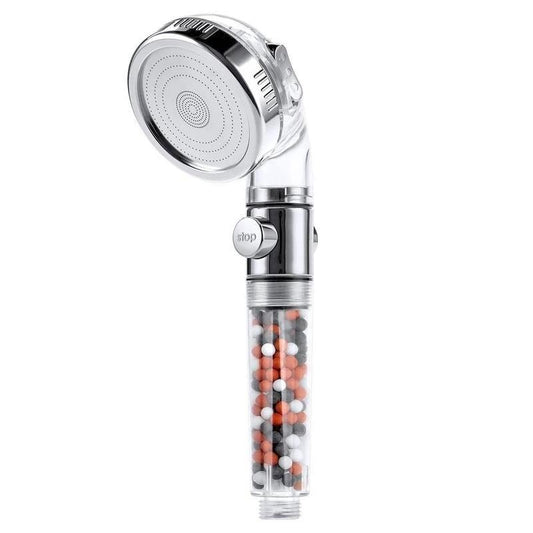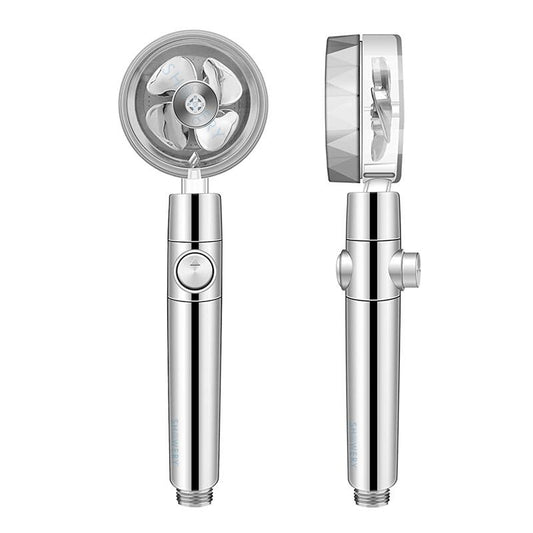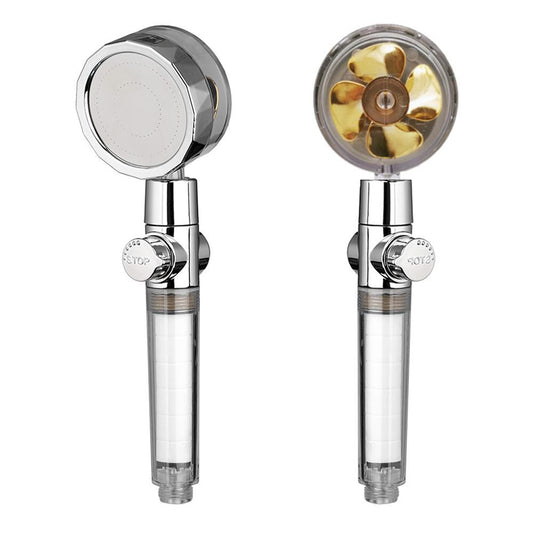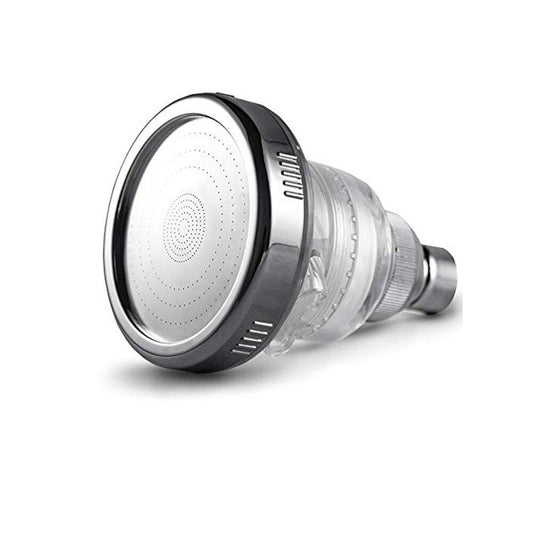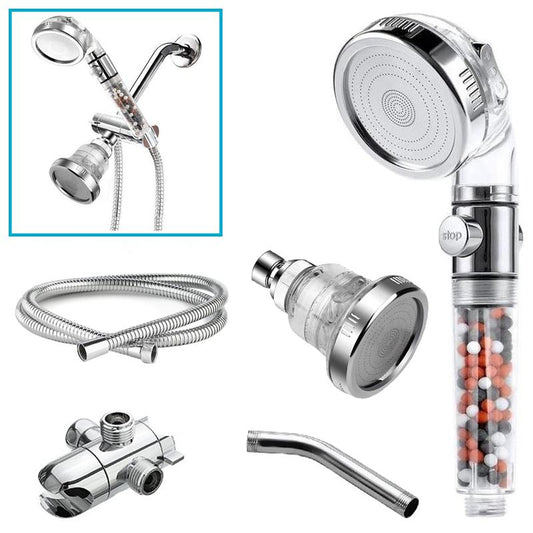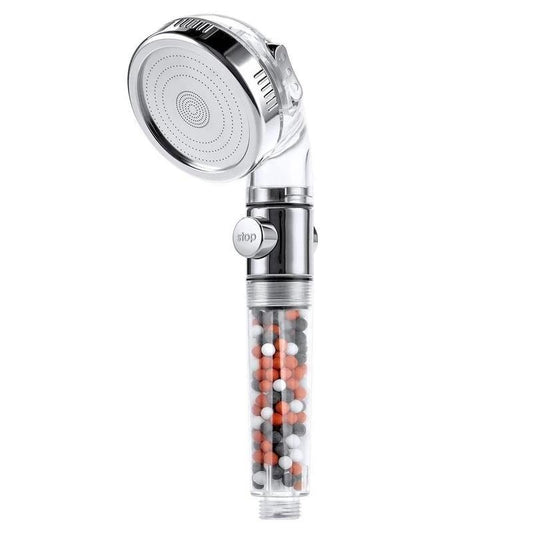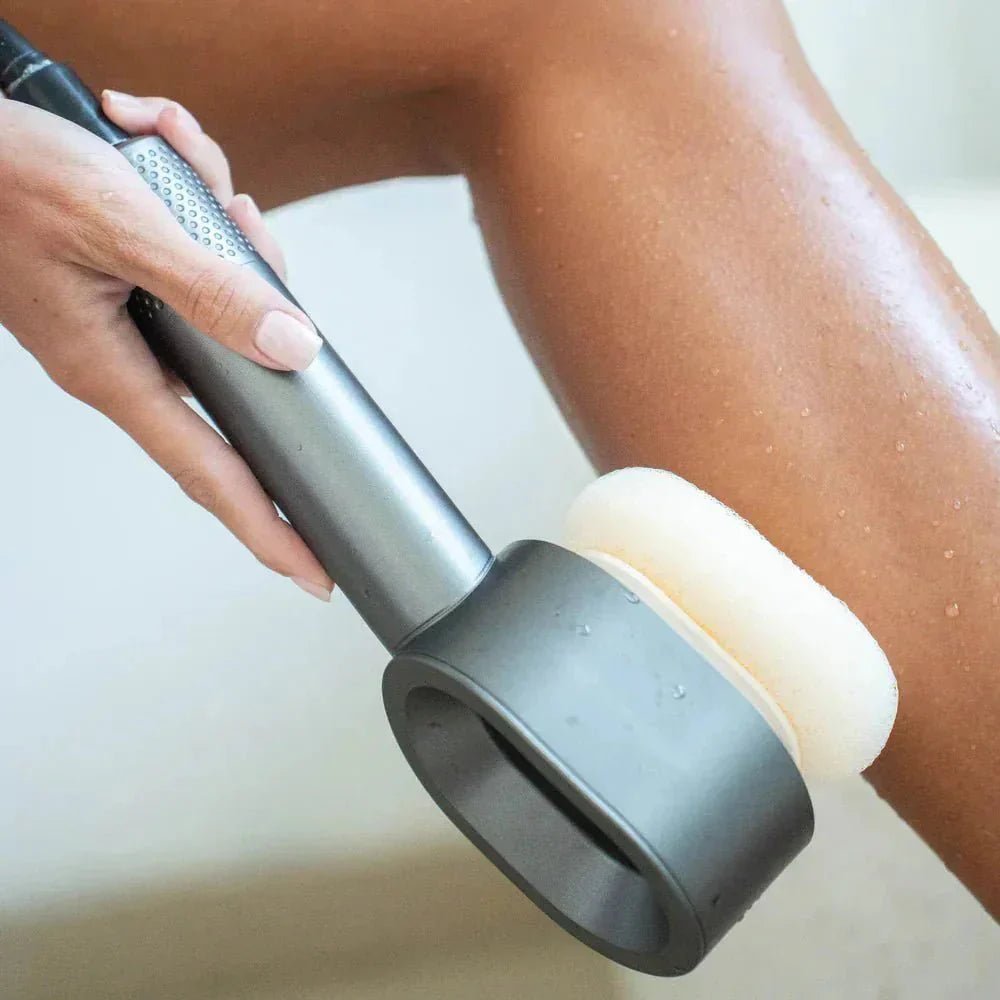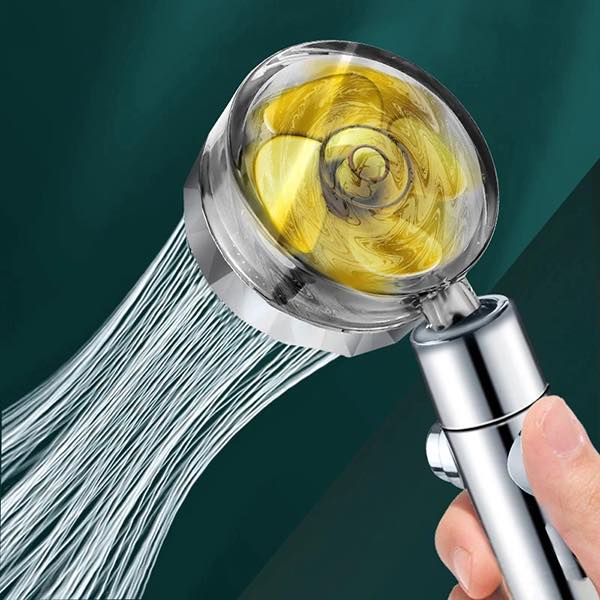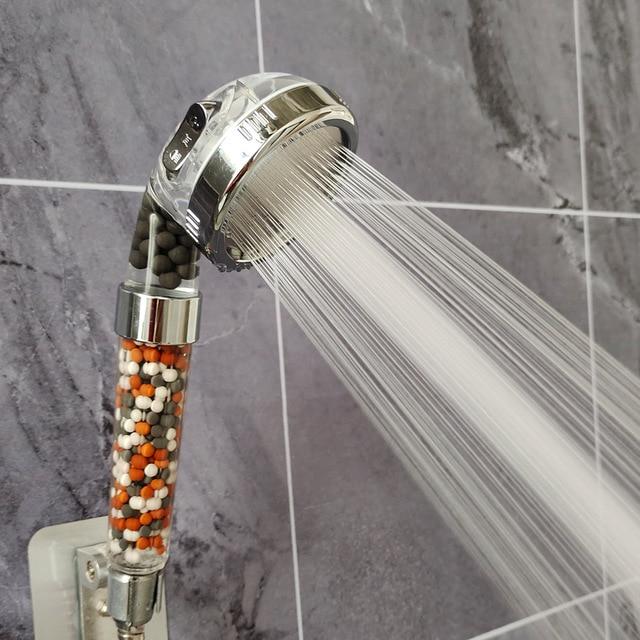Checklist for Your Winter Skin Care Routine

Winter weather can be great for your wardrobe but a little harsh for your skin. We know just the tricks to keep your skin glowing. Keep scrolling for some winter skin tips that beauty experts swear by.
1. MOISTURIZE
Moisturizer acts as a protective barrier for your skin, keeping it hydrated and healthy.
A good skincare routine includes daily moisturizing and sun protection. Determine your skin type to find your perfect moisturizer match. Is your skin dry, oily, normal or a combination of types?
Determine your skin type to find your perfect moisturizer match:
- Dry skin — go for oil-based moisturizers
-
Oily — go for a lighter,
water-based moisturizers -
Mature — go for oil-based
moisturizers to preserve moisture -
Sensitive — go for soothing
ingredients, like aloe, that won’t be harsh on the skin - Normal/Combination — go for lighter, water-based moisturizers
Low winter temperatures make the water content in our body drop to eventually make it run out. This calls for us to enhance the ‘moisturizing step’ in our skincare routine to stop it from drying and flaking. You may need to opt for a thicker moisturizer during the winter months.
Many people make the mistake of skipping SPF during the winter months, but it’s important to ensure your skin is protected throughout the year.
A smart way to beat the dullness is a water softening shower head that deals with hard tap water - to get rid of the drying chemicals. Our Ecoflow shower head features a filtration system that can help you keep your skin dewy-fresh.
2. CLEANSE WITH SOFT AND PURE WATER
As the temperatures drop you need to show your skin some extra TLC. Add hard UK water into the equation and you can be left with dry and flaky skin. Get yourself a filtered shower head like Showery EcoFlow that has an innovative mineral stone filtration system. It softens water so you can avoid drying your skin out further.
3. REDUCE THE HEAT
When it's cold outside a hot shower might seem tempting. However, subjecting your skin to hot temperatures can strip your skin of natural oils, which are important for retaining moisture. It can cause inflammation that can disrupt the normal skin barrier. To avoid dehydrated skin, the ideal shower temperature for your skin is lukewarm.
4. NOTHING A WORKOUT CAN’T SOLVE
Shorter winter days can easily make you feel like you’ve got no time to work out. But a little exercise can go a long way to make you feel healthy and to achieve glowing skin. It releases endorphins, i.e. the happiness hormones that help flush out toxins.
5. HYDRATE
The human body is 60% water, and not maintaining that balance can affect our health. The cold might make you less thirsty, reducing your water intake; but try and remind yourself to drink 6-8 glasses a day for healthy skin. Water is the cheapest way to age-defying skin! Hydrating regularly reduces fine lines, wrinkles and many health issues like eczema and psoriasis.
6. BUFF AWAY
It’s essential to gently scrub out the old dead skin cells that layer over your skin to let new, healthy ones in; and to prevent dullness. Most dermatologists have moved to chemical exfoliators as they tend to be less abrasive on the skin. Glycolic acid is one of the most common ingredients you'll spot in chemical exfoliators. If you have sensitive skin, lactic acid and enzyme exfoliators can be a gentle alternative. A gentle scrub with soft particles can also be a good option if you’re after a physical exfoliator. Once the skin is buffed, serums and moisturizers can get to work. You’ll restore your glowy complexation in no time.
7. TAKE YOUR VITAMINS
Skin is the human body's largest organ, so it's vital we look after it. According to Healthline, making sure you get enough vitamins can keep your skin looking healthy and youthful. This could translate to a reduction in dark spots, redness, wrinkles, rough patches and excessive dryness. Essential skin vitamins are available in supplemental form, but they are also found in skincare products.
You need to limit your exposure to the sun's harmful ultraviolet UV rays and wear protective sunscreen when you’re exposed to sunlight to keep your skin healthy. Getting short bursts of daily sun exposure can usually allow your body to produce all the vitamin D it needs. Also referred to as the 'sunshine vitamin', vitamin D plays an integral role in skin protection and rejuvenation. Vitamin D is one of the best vitamins for your skin, along with vitamins C, E, and K.
While vitamins are essential for skin health, you might already be getting enough of these vitamins through your daily diet. You should only take vitamins with the guidance of a medical professional.


